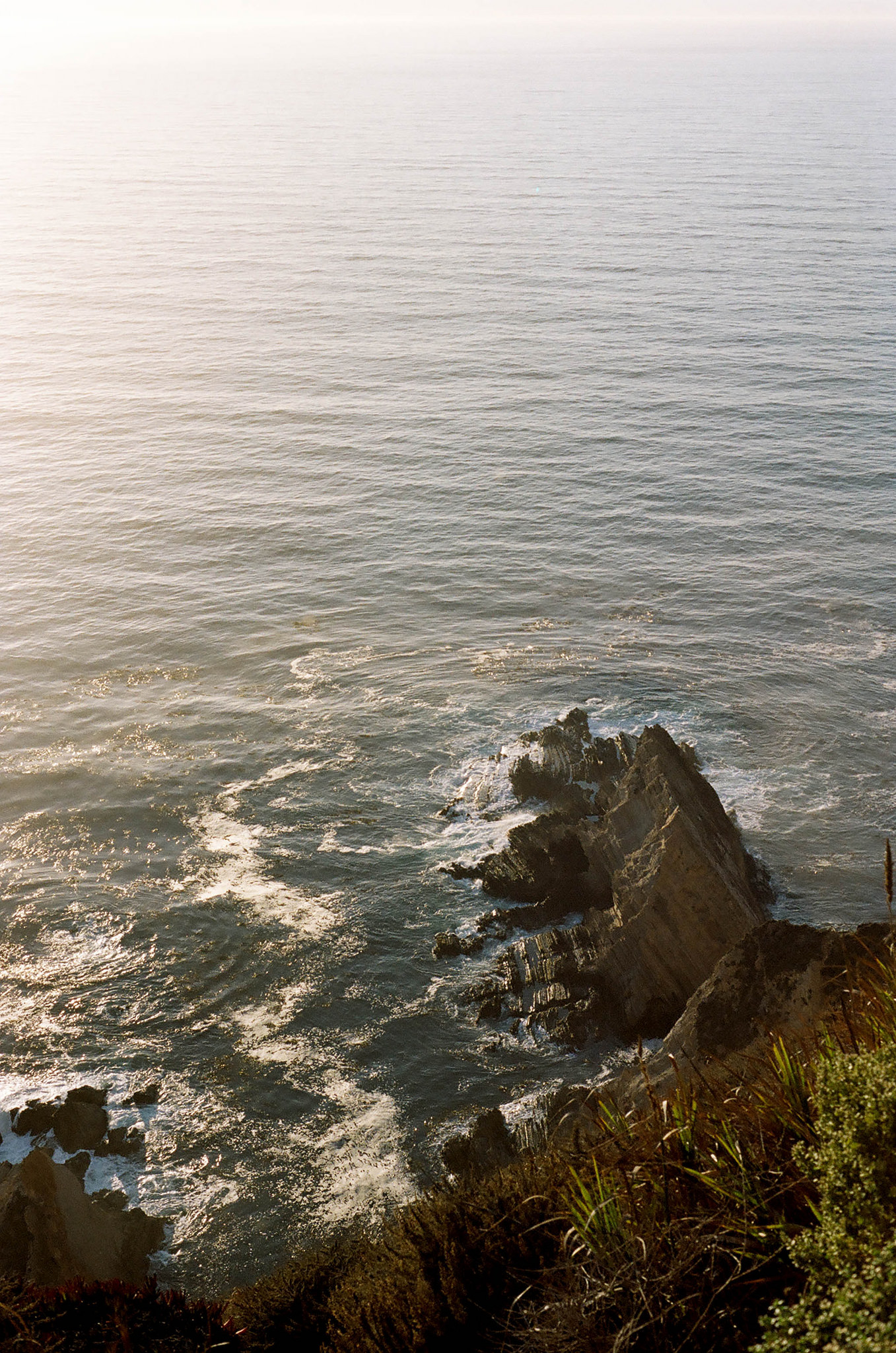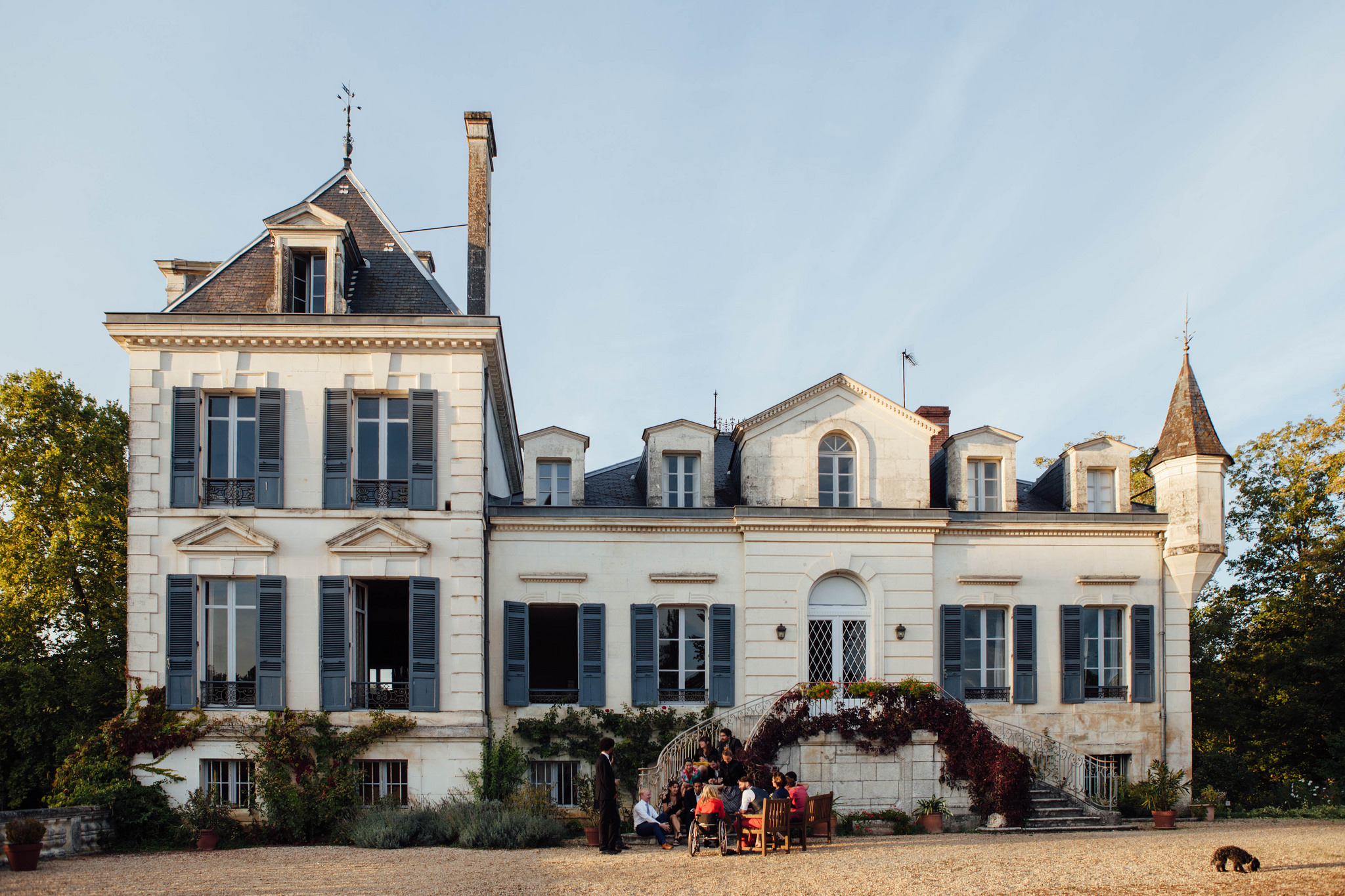- Advice
How one freelancer balances passion and job security
Celeste Noche is an immensely talented freelance photographer based in Portland and San Francisco, who recently caught our eye with a recent blog post commemorating her third year anniversary of going freelance.
In addition to her stunning photography, Celeste is a talented storyteller and documents the stories behind the people she photographs for her blog.
NATHAN: On your third anniversary of embarking on a freelance life, you wrote a blog post that summed up your experience in a way that would probably resonate with a lot of people:
- I can't imagine working for anyone again
- but carrying this weight alone is taking its toll
- I have relentless guilt over this privilege
- but I hope being able to choose to live this way is an act of resistance in and of itself
What has the freelance journey been like for you so far?
CELESTE: In a lot of ways I'm happier and more fulfilled than I could have imagined, but this reality also includes a lot of labor, heartbreak, and guilt over choosing this way of life.
The labor was expected— I knew that I'd probably always be working to sustain my own business. But the labor isn't just the job; it's also the mental labor of rarely knowing security beyond a few months, of living in a country that bureaucratically makes it more difficult to be self employed (namely, taxes and healthcare), and the burden of feeling like I can never properly take care of my mental wellbeing because work toward my basic survival comes first.
I thought I would get over the heartbreak of lost jobs and an unequal playing field over time, but the sting hasn't gone away. It still hurts to lose jobs or worse, not even be considered for them, because I am a woman of color.

Choosing this unstable, unpredictable lifestyle almost feels dishonorable to my immigrant family who have sacrificed so much just so I could make this decision, but I hope that living this way honors the women who came before me and didn't have the option to choose.
One of the things you're passionate about is pursuing your art and business in a way that aligns with your values. You mentioned the difficulty of working in an industry that's often ignorant of its biases. How have you navigated the tension between business necessities and staying true to yourself?
I don't take on work that doesn't align with my values, but I often have to do work that doesn't feel like it's contributing to an overall good. Weddings, for example, can be instances of total privilege. I enjoy shooting them, and I've been really fortunate with my clients, but I also recognize that I'm participating in an industry that's the pinnacle of white, cis, able-bodied, and socio-economic privilege. By simply existing in the industry, I am challenging the status quo. But I'm also trying to be accessible and intentional about working with more POC, queer, and disabled couples because they deserve to be here, too. We all deserve to take up space.
How do you strike the balance between pursuing work you're passionate about and work that offers security?
I'm still learning. This was the first year I've been much more intentional about pursuing work with significant personal meaning, regardless of whether I was getting paid for it or not. I've been really fortunate that these projects have connected me with other like-minded collaborators, and that work has slowly led to similar work. It wouldn't have happened if I'd never let myself pursue my personal, unpaid work to begin with.

But I also want to challenge the stigma behind taking on work you don't especially love. That work is an investment to fund the projects we really care about, if not just our living. There's no shame in surviving.
One of the interesting things about freelancing is that it can be a very solitary enterprise, and yet you also find that your network is suddenly more important than ever. How did you find the community around you, and what has it meant to you?
I feel like we found each other— I don't know how else to explain it. Moving to Portland was a huge factor. I left San Francisco because the cost of living wasn't sustainable for me as an artist, but I chose Portland because I had visions of collaborating with the creative community here. A year and half later, 95% of my work was still in the Bay Area and I felt like I was cold emailing and making coffee dates to no end.
One random Saturday morning, a friend took me to her tech office to grab snacks and we ran into her friend, a queer black femme. I don't remember what we talked about, but by the end of it, she invited me to a POC facebook group that hosted monthly potlucks. It was't until I was in a room filled with POC creatives that I realized how isolated I'd felt, both as an artist and a WOC.

You need that one person to invite you to a thing, and then you realize how important it is for you to be the person to extend the next invite. Being open and vulnerable saved me and helped me find my community. And finding my community has helped me find my voice.
Anything else you'd like to mention? The floor is yours!
If you're able, be intentional about who you work with. Offer sliding scale payment options to be more accessible to marginalized communities. Hire/promote/pay more women, femmes, and gender nonconforming POC. Strive for inclusivity. Identify the biases and inequalities in your field and challenge them. Just being able to choose this lifestyle is a privilege— use it where it counts.
Read Celeste's blog and follow her on Twitter, Facebook, and Instagram!
